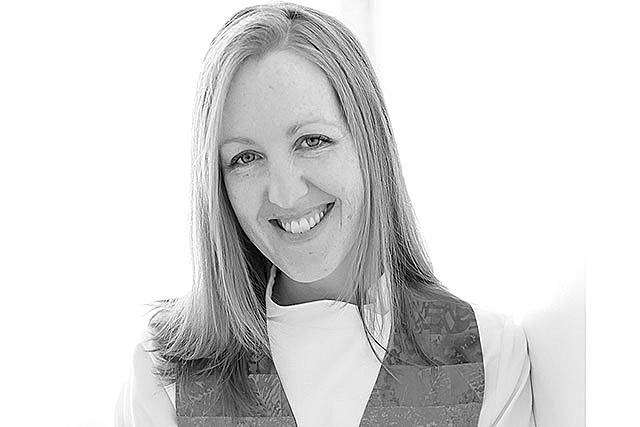By Jenny Smith
We’ve been exploring what makes us better together in Marysville. We are a fast-growing community with lots to love but our research uncovered a fear that many of our neighbors hold.
If we really are better together, what keeps us from each other? We’ve looked at gender and politics. Today, let’s look at the color of our skin. What does it mean for our life together if 77 percent of our community has white skin and 23 percent of our community are people of color?
How does it feel for each person to live here? Do we have genuine relationships with people who look different from us? Some fear talking about race. We don’t want to say the wrong thing so we don’t say anything. A friend of color told me this week she handles racism by ignoring it best she can.
She keeps to her routine and pattern. She goes to stores and public places where she feels safe. And those aren’t many. So it seems easier not to talk about it. Debbie Irving says it well: “This widespread phenomenon of white people wanting to guard themselves against appearing stupid, racist or radical has resulted in an epidemic of silence from people who care deeply about justice and love for their fellow human beings.”
I called up a friend and asked if I could pose what I called some dumb white people questions. She graciously laughed and said, “sure.” My friend was raised in the south and came to Seattle when she was 13. She grew up in the 1960s and was one of the first children bused to a white school. She recounts it as a horrible experience. The worst thing to do to a child. It has forever shaped her life.
She said, “I never would have shown up at this church if a friend hadn’t invited me. I am too afraid. I’m 66 years old and I live in fear of not knowing where it’s safe. What if I wouldn’t be welcome because of the color of my skin? There’s fear that I would run into someone who would tell me to leave.”
She often hears little comments here and there that are made out of pure ignorance or intentional prejudice, and they get so tiring. “It feels like I don’t have a right to feel those things are really bad. It feels like you grin and bear it. You become a duck and let it roll off your back. That’s what I was taught to do.
“It’s a conscious choice if I’m going to go somewhere different or do something new. I have to be feeling really brave. I usually only go to stores where I feel safe. I go where they treat me nicely. And if I go to a new store, I don’t touch anything the first couple times. I just look around and see if people are OK that I’m there. I don’t feel safe in public. I’m always on alert for police officers. I’m always waiting for something to happen. It’s exhausting. I’m never at rest.”
I asked what can others do to help you feel seen. “Love me as your neighbor. See me. Say hello, ask how my day is going.”
Friends, may we continue to ask good questions and have brave conversations and listen deeply to the things that keep us separated. Because we don’t want to be. We want to be better together.
Jenny Smith, pastor of United Methodist Church in Marysville, writes a monthly faith column for these newspapers.


